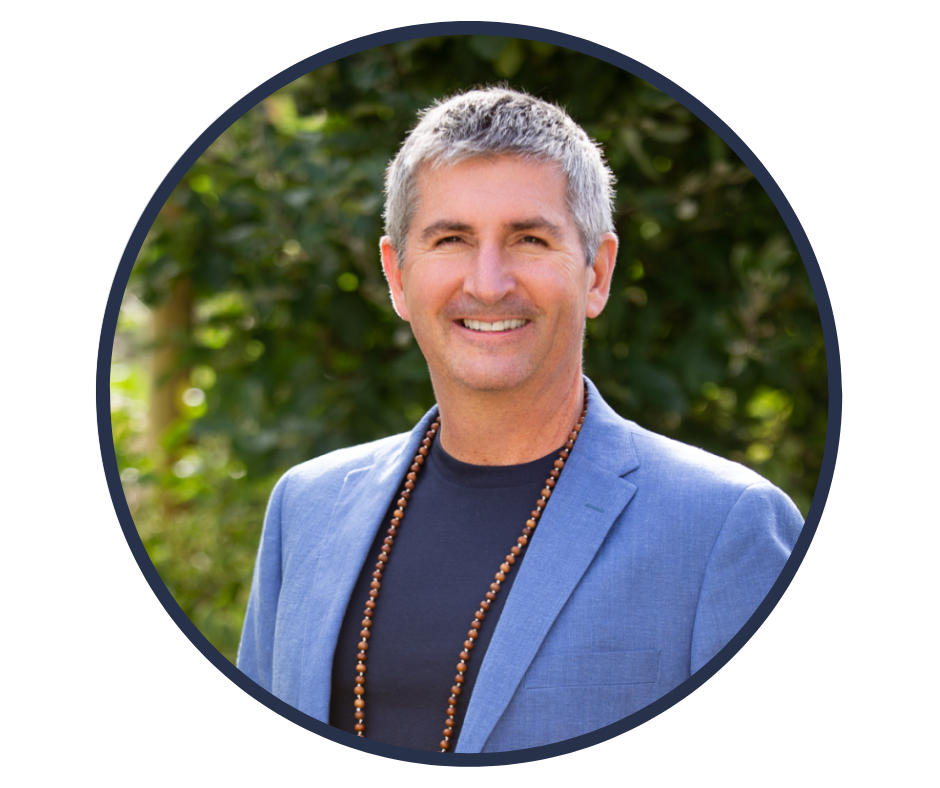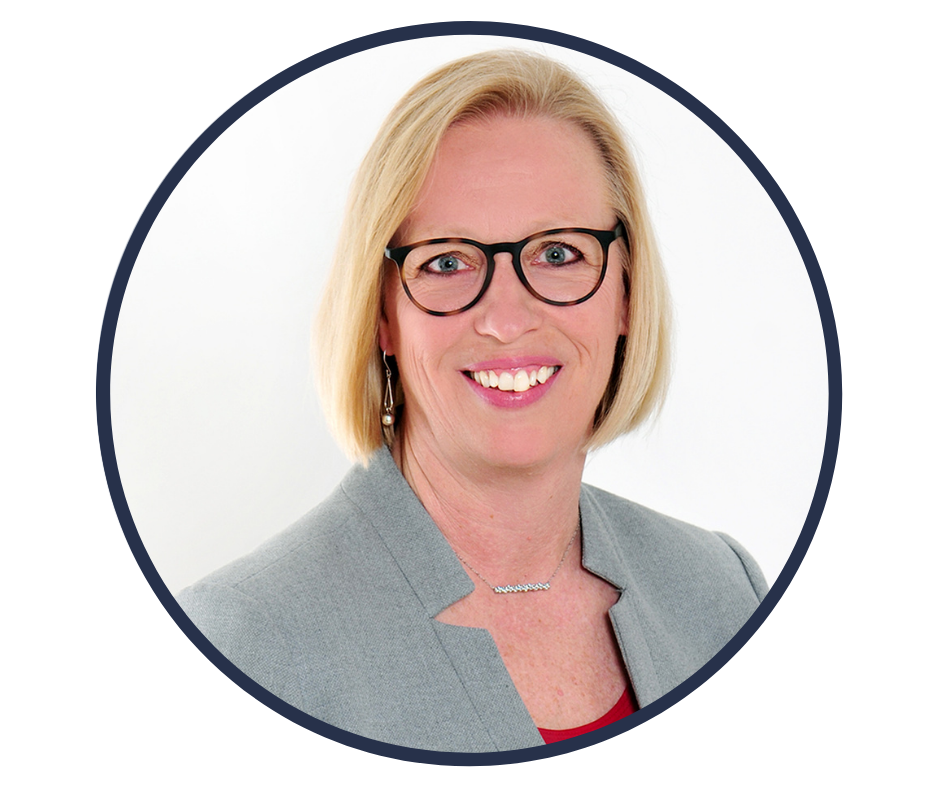A Biopsychosocial Approach - Is it really for ME?

A Biopsychosocial Approach - Is it really for ME?
1 hour
Overview
Learning Objectives
This webinar will address the real barriers to implementing a BPS approach in practice including:
- Organizational barriers
- Ambivalence towards change
- Knowledge and skills required
- How does change benefit me?
Audience
This free live webinar is open to all rehabilitation professionals who treat MSK and/or pelvic health issues including persistent pain. Specifically, if you are NOT convinced that embracing the emerging science that a biopsychosocial (BPS) approach is a required element of a progressive rehabilitation approach - this webinar is for you!
Registration and Replays
There's a maximum of 500 sets available in the webinar room. If you cannot attend live, please do not register. This will allow people who can attend live to ask questions and interact with the instructor.
We will stream the live webinar to our YouTube channel and leave it up for 48 hours after the live event. You can subscribe to Embodia's YouTube channel here.
New Feature! We've also added the ability to receive the follow-up email after a webinar, which contains information about where to find the recording, a reminder about the free live stream on YouTube, and any additional resources shared during the webinar. Simply scroll down and click on the button that reads '+ Add me to the notification list'.
This webinar will be recorded and made available as an on-demand course on Embodia (free for Embodia Members).
Certificates of completion are generated within courses only on Embodia (not directly from a webinar). In order to receive your certificate of completion, you will need to access the on-demand course following the live webinar.
The instructors

PT, MSc(RHBS), BA-BPHE, C-IAYT, ERYT500
Neil is a physical therapist, yoga therapist, author, researcher, Clinical Associate Professor at the University of British Columbia, faculty in three IAYT-accredited yoga therapy programs, board member for the International Association of Yoga Therapists and pain care advocate. He conducts research into the effects of yoga on veterans with chronic pain and people with osteoarthritis. Neil is the recipient of awards honouring his work in pain care, patient education and physiotherapy by Queen’s University, the Canadian Pain Society and both provincial and national physiotherapy associations, including the Canadian 2021 Medal of Distinction.
Neil is a consultant to Partners in Canadian Veterans Rehabilitation Services, and to Lifemark’s 300+ clinics in Canada. Neil is a past board member for Pain BC, Canada’s premier non-profit transforming the way pain is understood and treated. He co-authored – Yoga and Science in Pain Care 2019, authored the patient education ebook, Understand Pain Live Well Again in 2008, and is lead contributor to many free patient resources offer by Pain BC.
For more information and course offerings, see www.paincareaware.com

PT, MSc, CertMDT
Lynda has been a clinical physiotherapist for over 30 years, with extensive training in musculoskeletal and pelvic health physiotherapy. She opened Elevation Physiotherapy & Wellness in Mississauga in 2017 after working in downtown Toronto for almost 20 years.
She is credentialed in the McKenzie System of Mechanical Diagnosis and Therapy (MDT) and finds this system to be incredibly valuable in helping people improve their pain from the source of the problem.
Lynda has completed several advanced training courses in pelvic health to address issues with pelvic pain, incontinence, pelvic organ prolapse and several other conditions.
When she is not actually working, she can be found on her bike, or hanging out with her husband and two kids.
Occupational Therapist
Lara Desrosiers is an Occupational Therapist with a background in mental health and addictions, and a passion for supporting individuals navigating persistent pain and distressing pelvic health challenges.
Drawing on occupational therapy foundations and evidence-based approaches—including Pain Reprocessing Therapy, Cognitive Behavioral Therapy (CBT), Acceptance and Commitment Therapy (ACT), Motivational Interviewing (MI), and Polyvagal Theory—Lara helps clients understand their symptoms, regulate distress, and restore meaningful engagement in daily life.
Lara is also a sought-after educator, mentor, and clinical supervisor for clinicians across disciplines who are committed to building psychologically informed, trauma-informed, and person-centered practices.
Whether in the clinic or the classroom, Lara’s work centers on empowering others to move beyond the “fix-it” model and toward more collaborative, compassionate care.

Registered Physiotherapist
Debbie Patterson is an orthopaedic physiotherapist with a special interest in the treatment of persistent pain. Early in her career she recognized that the medical model of physiotherapy treatment often failed people with persistent pain. This led her on a career path of learning about the current science of pain, and searching for clinical relevance in the treatment of pain.
Debbie Patterson is a registered physiotherapist in the provinces of Ontario and Alberta. She is a founding member of the Pain Science Division of the Canadian Physiotherapy Association.
Debbie has a clinical practice treating people whose lives are affected by persistent and complex pain conditions. She has worked within the Biopsychosocial model of pain for over 35 years. She sees herself as a physiotherapy coach to help patients relieve suffering, pain and distress and improve their quality of life.
Debbie has used Telerehab to assess and treat patients for over 10 years. She is a trained and certified Progressive Goal Attainment Programme (PGAP) clinician and is trained in Cognitive Behavioural Therapy and Motivational Interviewing. Debbie has a passion for teaching patients and health care providers about the science of pain in the Biopsychosocial model. She has taught courses in pain science and appropriate assessment and treatment approaches. Now she provides live and recorded webinars. She also mentors other physiotherapists in developing their knowledge and skills to better meet the needs of their patients with persistent pain.

PT, PhD
Dr. Sinéad Dufour is an Academic Clinician who shares her time between clinical and academic pursuits. Academically, Sinéad is an Associate Professor at McMaster University and serves as content expert in perinatal care, pelvic health and pain science with FIFA Medical. Her current research interests include conservative approaches to optimize pelvic floor function (including innovative technologies), pregnancy-related pelvic-girdle pain, interprofessional collaborative practice models of service provision to enhance pelvic health and perinatal fitness for elite athletes.
Clinically, Sinéad serves as the Chief Clinical Officer of Compass Rose Pelvic Health, an international virtual physiotherapy company she co-founded, with a mandate to guide clients on their journey to pelvic health creation through a bio-psycho-social-spiritual lens. Sinéad is also a founding partner of The WOMB (World of my Baby) a company with six locations providing Ontarians with optimized perinatal (and beyond!) care. Sinéad is a fierce advocate who has and continues to dedicate her time to organizations that aim to improve perinatal care, pain care and pelvic health services including: The Society of Obstetricians and Gynecologists of Canada, The Canaidan Society of Pelvic Medicine, Lansinoh International, and Urospot (Canada & UK).
A clinician, researcher and educator, Sinéad brings experience, credibility and passion into all of her teaching and is a well-recognized speaker at conferences around the world.
Relevant Links:
IG: @dr.sinead
IG: @compassrosepelvichealth
https://healthcare.lansinoh.com/pages/clinical-advisory-network

BHSc (PT), CredMDT, CCMA
Carolyn is the co-owner of Reframe Rehab, a teaching company engaged in breaking down the barriers internationally between pelvic health, orthopaedics and pain science. Carolyn has practiced in orthopaedics and pelvic health for the past 37 years. She is a McKenzie Credentialled physiotherapist (1999), certified in acupuncture (2002), and obtained a certificate in Cognitive Behavioural Therapy (CBT) in 2017.
Carolyn received the YWCA Women of Distinction award (2004) and the distinguished Education Award from the OPA (2015). Carolyn was recently awarded the Medal of Distinction from the Canadian Physiotherapy Association in 2021 for her work in pelvic health and pain science.
Carolyn has been heavily involved in post-graduate pelvic health education, research in lumbopelvic pain, speaking at numerous international conferences and writing books and chapters for the past twenty years in pelvic health, orthopaedics and pain science.